Integration of World Visions’ Programmes Improve Child Health and Nutrition
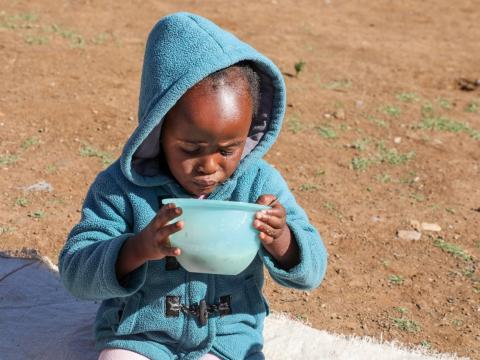
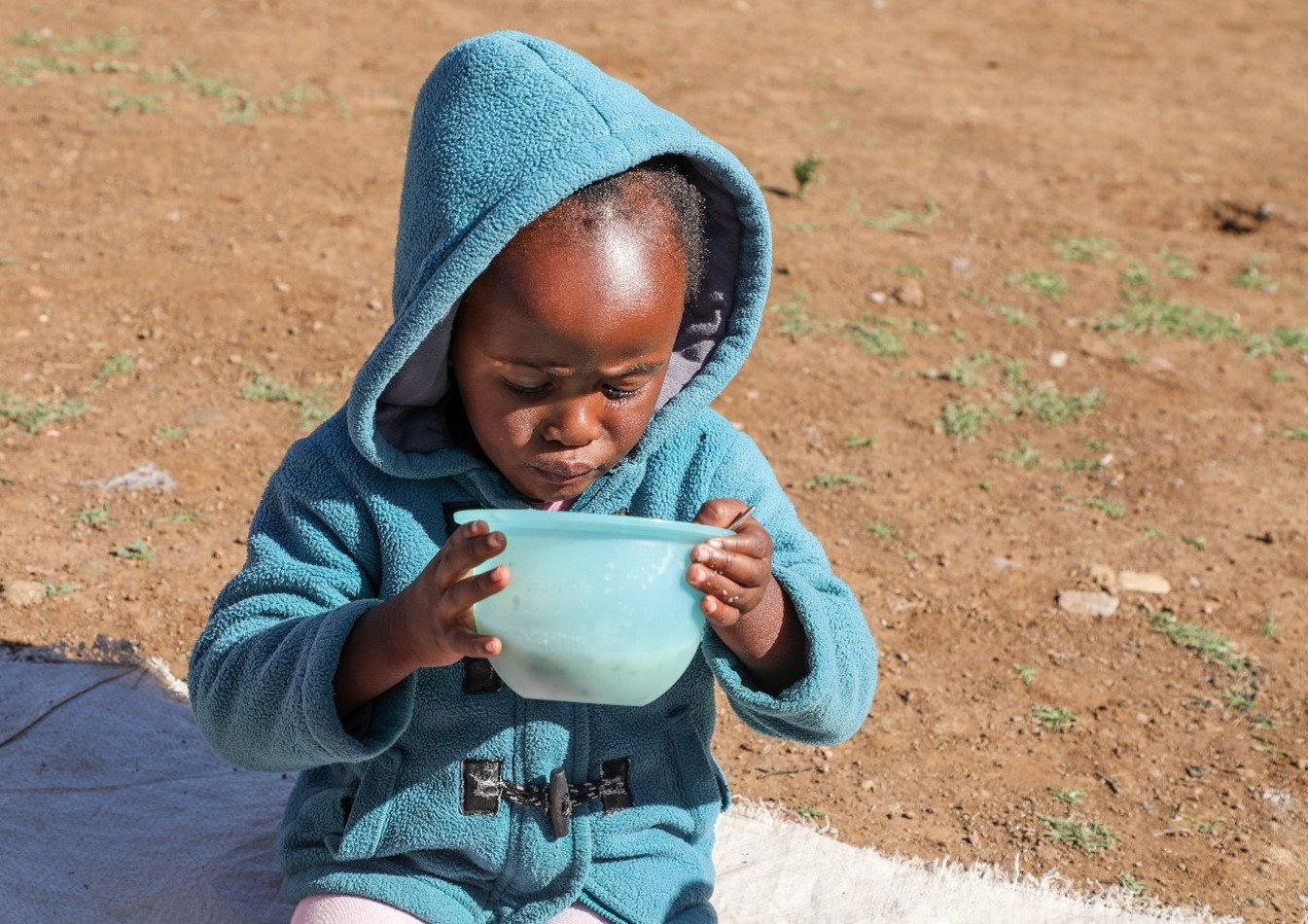
The Maqoala community resides in the rural regions of the Mohale’shoek district, specifically within the Mpharane Area Programme. Owing to its remote location, the community has long lacked access to fundamental healthcare services. The stunting rate in Mohale’shoek stands at 34%, as per the Integrated Context Analysis released in Public Eye in 2024.
In Maqoala, communities have encountered difficulties with home birth deliveries and insufficient immunization of children, stemming from a lack of proficiency in effectively managing these issues. “We used to have so many cases of home deliveries and there were children who were either under or not vaccinated in our village.”, Makhotsofalang Ramaloting, 54 years.
We used to have so many cases of home deliveries and there were children who were either under or not vaccinated in our village. - Makhotsofalang
An illustrative case involves a child who experienced frequent illness and undernourishment. Despite reaching developmental milestones such as walking and speech, the child regressed and appeared infant-like. With the assistance of World Vision, the child's health has been restored to normalcy through our health interventions, establishment of nutrition clubs within the communities and the provision of healthy food packages.
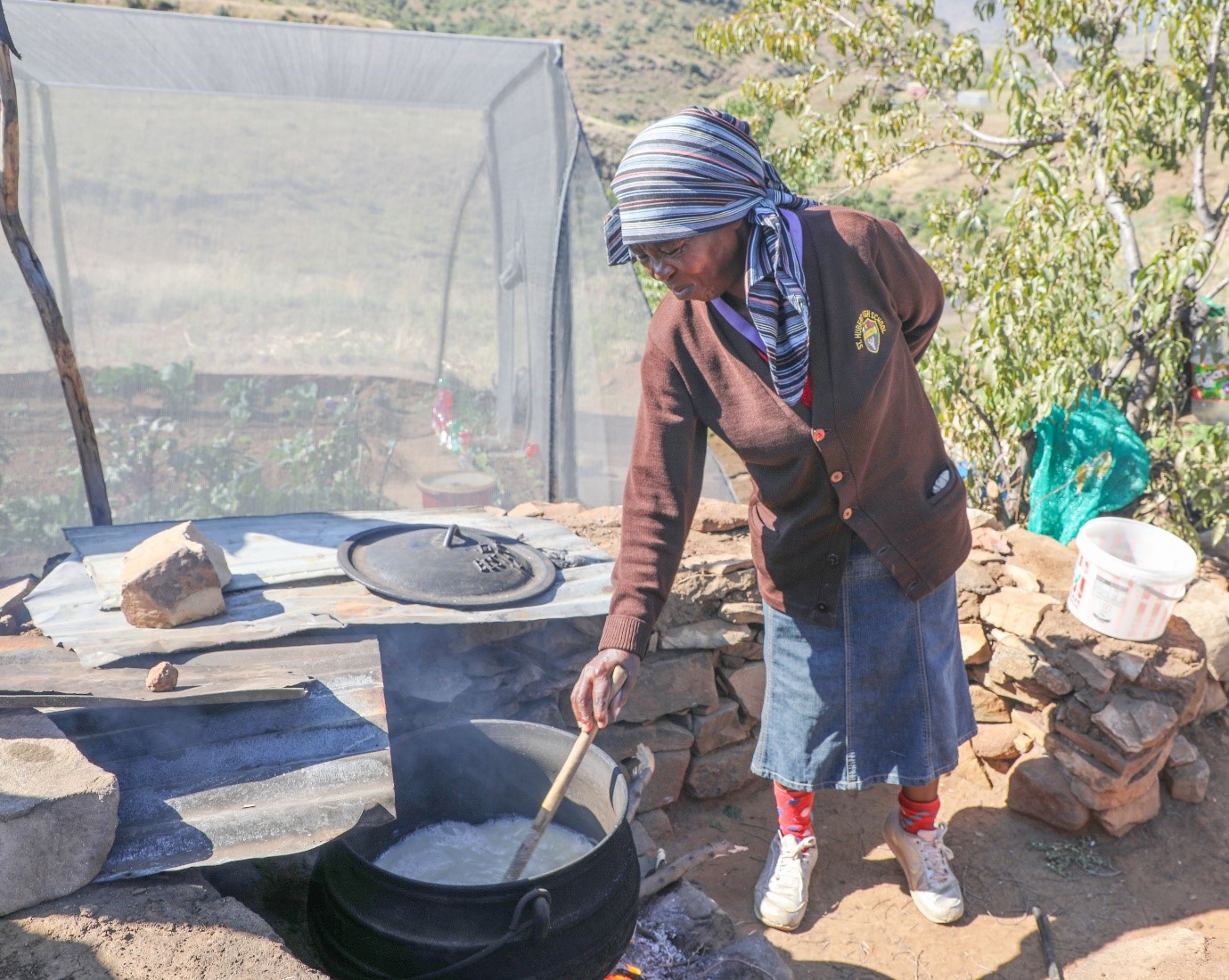
Everything we do at World Vision has just one goal: the sustained well-being of children, especially the most vulnerable. Through the Livelihoods and Resilience Technical Programme, communities are empowered to purchase and produce adequate nutritious food for their children. The Health, HIV, and Nutrition Technical Programme aims to improve health and nutrition status and reduce HIV prevalence and impact among children, families, and communities. To maximize resource mobilization, these two technical programmess have integrated to transform the communities and children in Maqoala. Members of the established nutrition clubs received nutrition education to promote breastfeeding and nutritious food preparation, as well as Savings for Transformation training to facilitate sustainable savings and credit practices.
In partnership with the Ministry of Health, World Vision implemented primary health services through village outreach programs, making services such as vaccinations and growth monitoring easily accessible. World Vision also introduced Timed and Targeted Counselling (TTC), ensuring pregnant mothers receive antenatal checkups with their partners' support. This support continues post-delivery until the child has completed all necessary health services as per national standards.
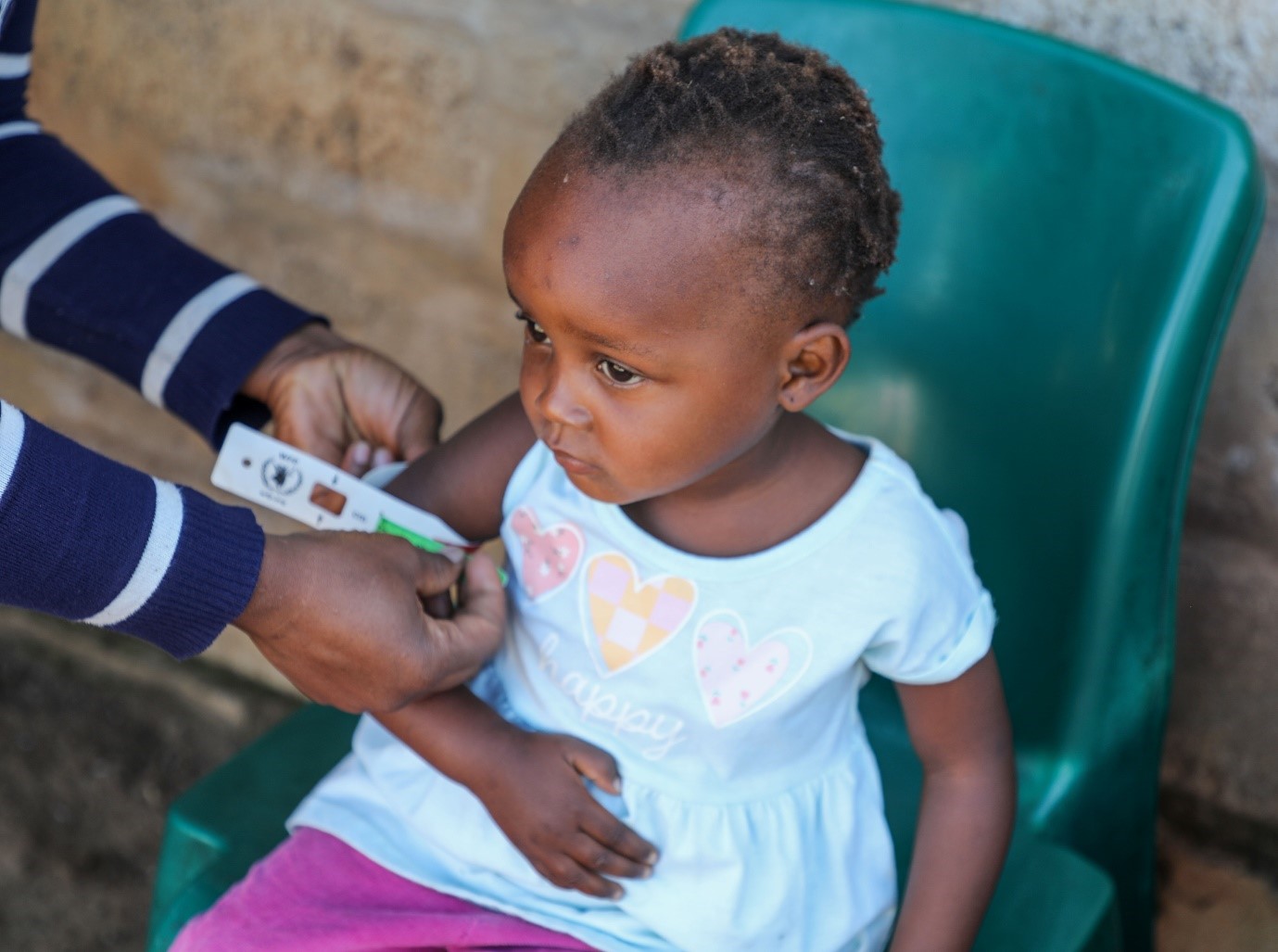
“Before World Vision worked in our village, we used to have malnourished children who were significantly underweight, and we lacked resources to help them,” said Matsepo Mpatsia. “The establishment of nutrition clubs with World Vision's help has benefited us greatly. They educated us on nutrition, food preparation, hygiene, and preservation. Currently, we have vegetables from shade nets provided by World Vision that sustain our crops year-round. We now have enough nutritious meals for our children, unlike before when we had nothing to harvest during the winter season,” she continued.
Currently, we have vegetables from shade nets provided by World Vision that sustain our crops year-round. We now have enough nutritious meals for our children, unlike before when we had nothing to harvest during the winter season - Matsepo
Members of the nutrition club were also trained on the Savings for Transformation Model and have used the income generated from selling surplus vegetables. Loans and shares at the end of the cycle have helped members meet children’s needs, such as school fees, and start income-generating activities to ensure a reliable income stream for their households.
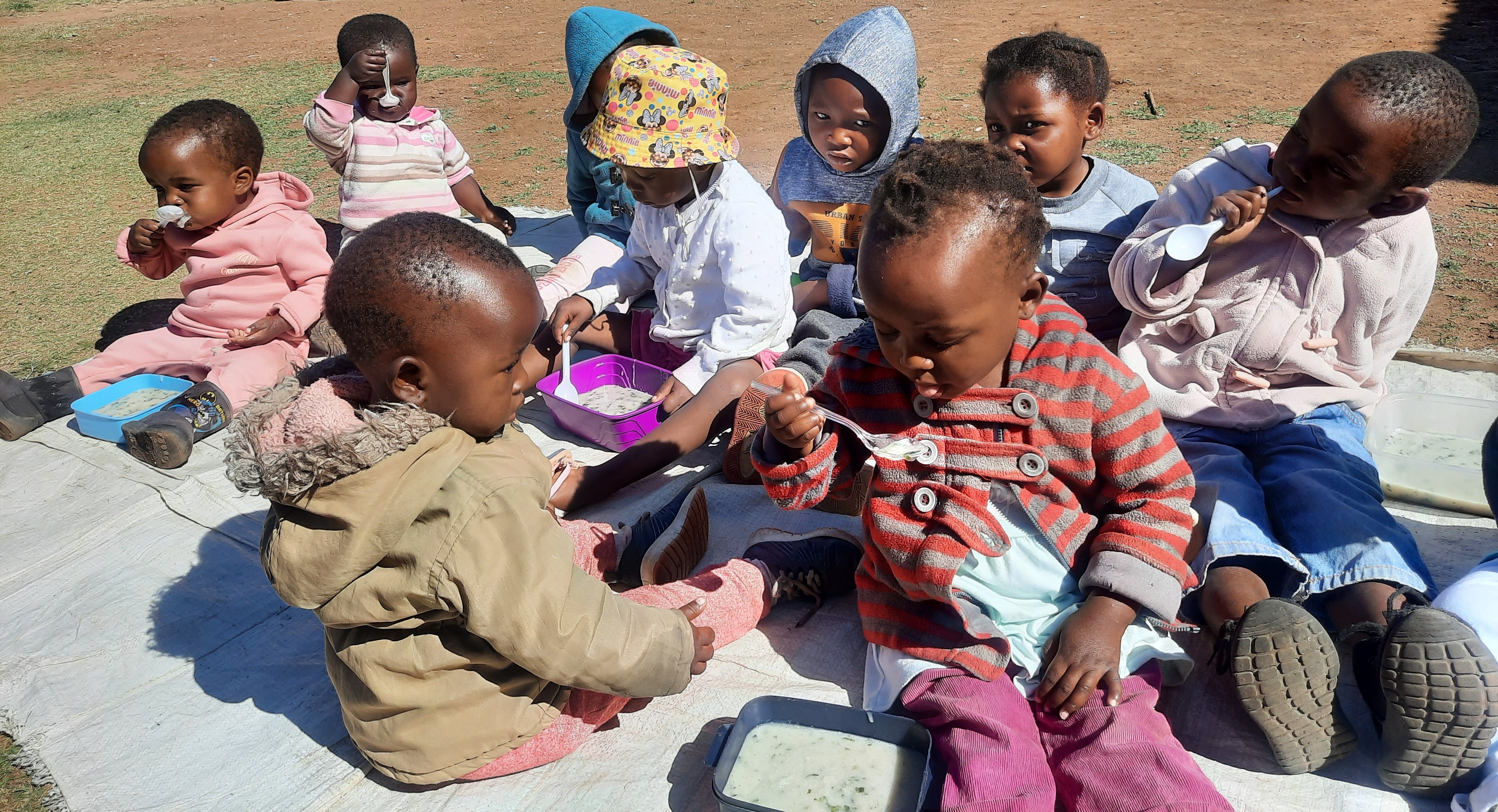
The children of Maqoala village are enjoying improved living conditions through these interventions. They now have consistent access to ample food supplies throughout the year, and their parents have financial support through S4T to assist them in recovering from any unexpected hardships. Furthermore, primary healthcare services are readily available to both children and their parents through monthly outreach programs conducted within the village. Members of the nutrition club have been connected with health centers and agricultural resource centers to access services even after the closure of the Area Programme.